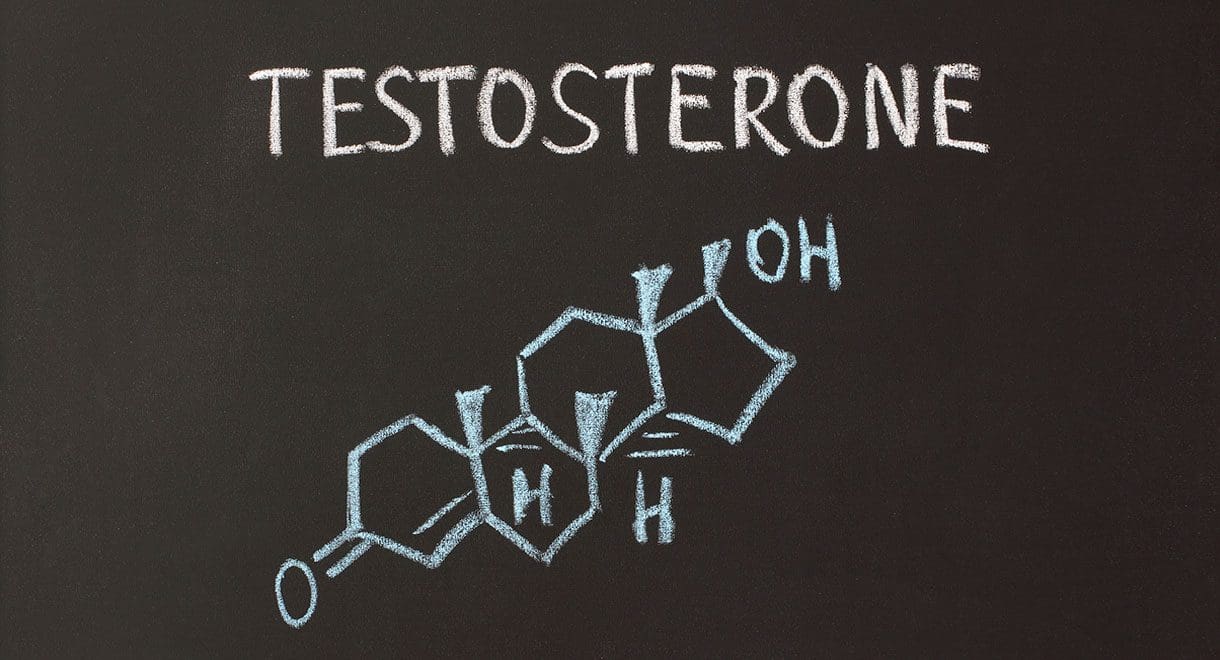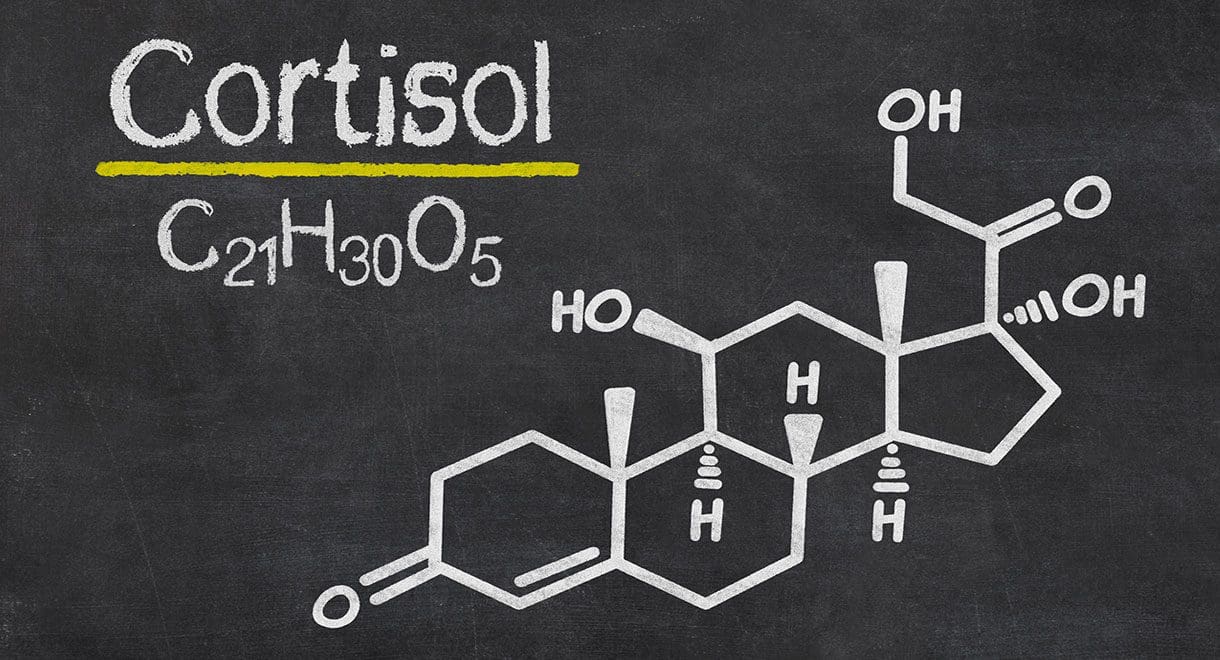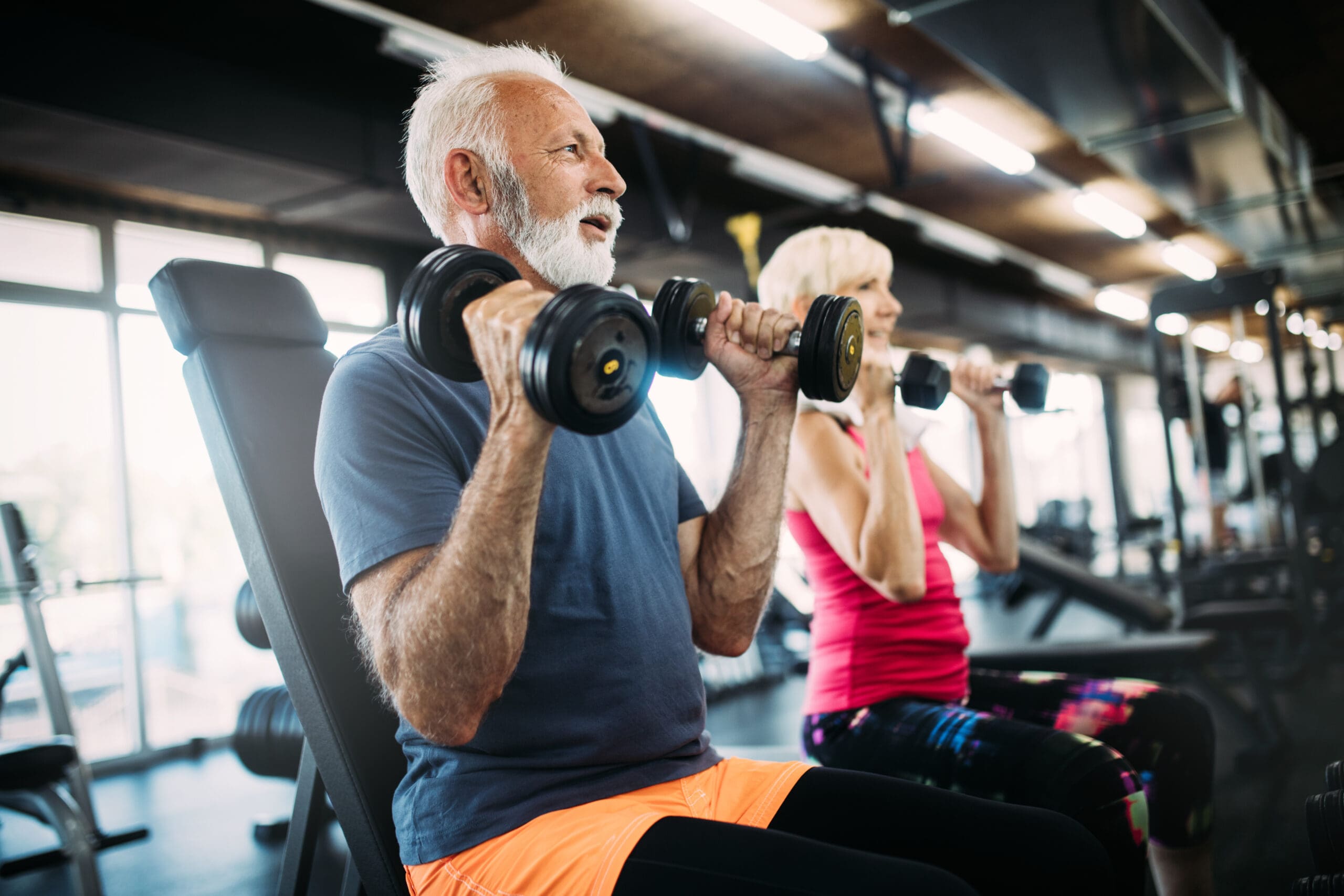Hormones and endurance training
GET FIT & MEAN IT! with World Champion Kate Bramley
If you have ever felt like you are on an emotional roller coaster while training hard – you can likely blame your hormones. Two in particular are important for both male and female endurance athletes – testosterone and cortisol.




Testosterone
Testosterone is a hormone present in both males and females. Males have higher levels and decline steadily with age. Women’s levels will alter depending on their stage of their menstrual cycle. Testosterone helps muscle repair, raises your libido and competitive drive, improves general recovery and protects against aging.
Endurance exercise can lead to decreased levels of testosterone, particularly in men. Exercise slightly increases testosterone levels in females, although other related hormones FSH (Follicular Stimulating Hormone) & LH (Luteinizing Hormone) may decrease affecting reproduction function.
Low levels of testosterone may also lead to low bone density and reduced muscle building & therefore reduced strength and power in both males & females.
What is considered the normal range for testosterone in blood test results, can be too low for peak performance and recovery. It is worth noting that test results can vary depending on which day you test (ie. after a big training session or race) and even the time of day. Best is to get the result analysed by a specialist sport doctor.


Cortisol
Cortisol is a stress hormone produced by the adrenal glands. The level of cortisol increases as stress increases. An increase in cortisol puts the immune system at risk. Cortisol is good in small bursts to elevate blood sugar levels ready for physical activity. In conjunction with another hormone epinephrine this gives us the fight or flight response and is that feeling of nervousness you get on race day.
Excessive amounts of cortisol are almost always associated with low testosterone in endurance athletes. It can also depress the immune function and increase the risk of colds, illness, inflammation and breakdown of muscle tissue. This is particularly evident during or directly after a high volume or high intensity training block. High levels of cortisol may also lead to increased fat storage in the body, resulting in weight gain.
Testosterone Cortisol Ratio
Both testosterone and cortisol play a significant role in the breakdown of protein and carbohydrate when in normal amounts. It is important to consider the ratio of testosterone and cortisol in the body. Assuming you have normal testosterone function, a 30% drop in the testosterone – cortisol ratio would indicate a negative effect on recovery.
Ways to lower cortisol and increase testosterone
- Slow down your heart rate via meditation and relaxation techniques
- Get to know your training zones whether it is power, perceived effort or heart rate to avoid over training
- Reduce training volume
- Include planned recovery weeks in your training program
- Include healthy fats in your diet as it is the building blocks of many hormones
- Double session training days – with sufficient recovery time between
- Include carbohydrate intake in your diet which helps to lower cortisol
- Avoid refined carbohydrates as it can lead to a 25% temporary reduction in testosterone
- Get enough sleep which will lower cortisol in the morning and assist with general recovery
- Eat within 60mins post training session









Leave A Comment